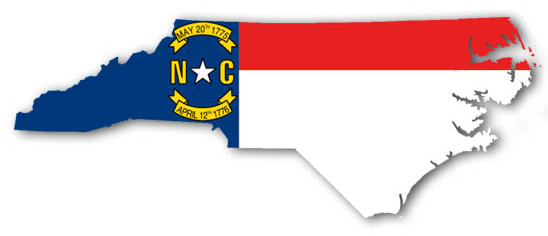Once viewed as mere “supervisors” of their schools, principals today are seen as visionary change leaders to their teachers, students, and communities. They are individuals with the critically important job of not only establishing and maintaining a positive school culture focused on student success. School leaders recruit, develop, and retain outstanding teachers and staff; they manage a multi-million dollar operating budget; and they serve as the glue between the school and its surrounding community.
Given all they’re responsible for, it should be no surprise that research demonstrates that principals are second only to teachers in terms of school-level impacts on student learning. A highly effective principal is also critical to any effective school turnaround. In essence, it’s hard to imagine a great public school without a great school leader at the helm.
A 2015 analysis from Duke University uncovered that North Carolina’s principal preparation programs statewide were inadequate for the demands of the job, particularly in high-need and struggling schools. This wasn’t groundbreaking news, however, because decades worth of studies from around the country have shown similar shortcomings in principal preparation.
While most states are still catching on, North Carolina has aimed to be ahead of the curve. In 2013 a coalition of business leaders formed the organization BEST NC (Business for Educational Success and Transformation in North Carolina), with one of their early initiatives targeting improvement of the state’s principal pipeline. Much like the businesses they’re apart of, these leaders understood the value in investing in strong leadership to guide organizational success. For the North Carolina business community, a focus on school leadership was just common sense.
In 2015, BEST NC worked successfully with state lawmakers to create an innovative new approach to preparing principals, the Transforming Principal Preparation Program (TP3). Structured as a competitive grant program, TP3 increases the state’s investment in school leadership while allowing preparation programs to improve their practices because of their meticulous standards. TP3 combines research-backed components of successful preparation programs including: proactive and intentional recruitment efforts; a high bar for entry; rigorous and relevant coursework; a full-time, paid residency; and a focus on partnerships and preparation for service in high-needs schools and districts. The vision for the program is that institutions prepare future school leaders based on the needs of students and schools, rather than the needs of the principal candidates and their ability to pay tuition.

The first round of aspiring principals entered newly state-funded cohorts in early 2017 through TP3. Currently, six regional preparation programs, in partnership with 46 districts, are preparing more than 100 rigorously selected principal candidates.
All too often, principals are overlooked on legislative wish lists because education agendas are overflowing with items needing attention. Business leaders in other states would be wise to set their sights on school leadership – there is so much more that can be done. North Carolina shows what proactively addressing the problem can look like and provides a foundation on which to build.




